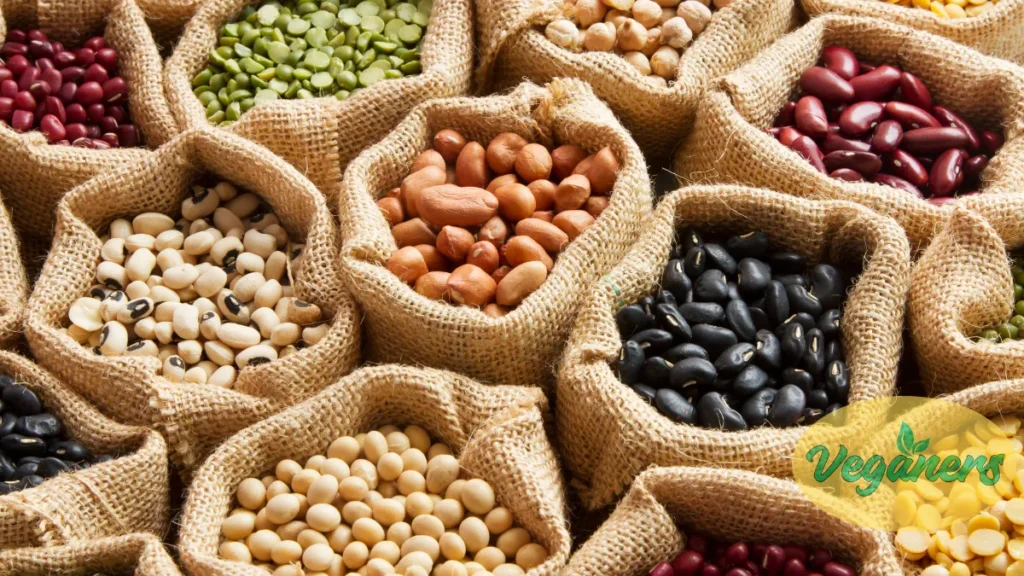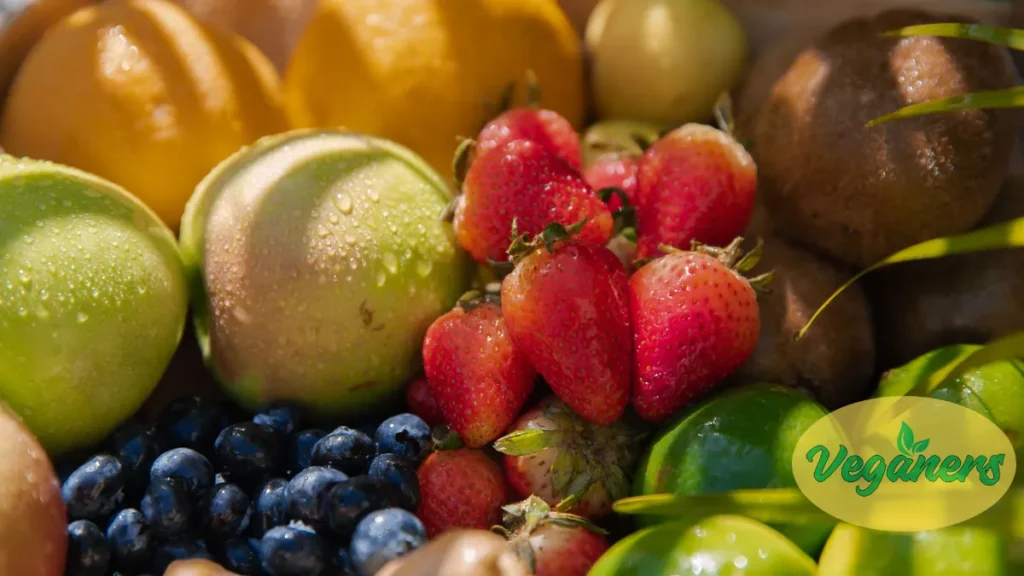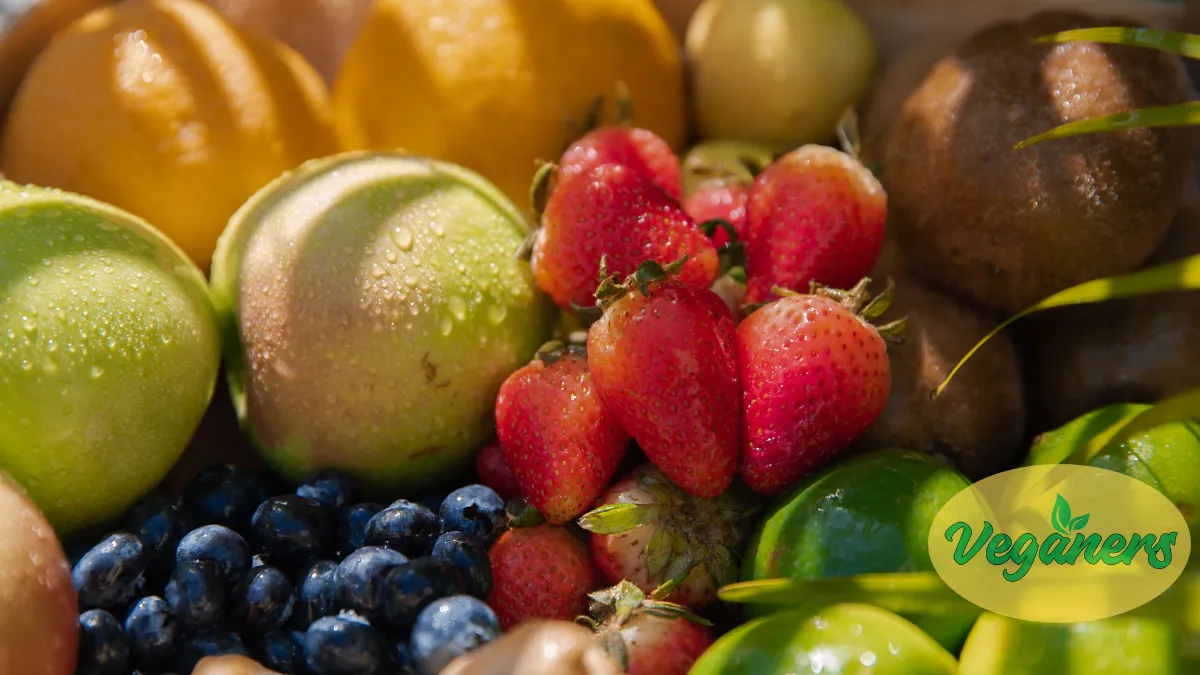In recent years, plant-based cooking has emerged as a vibrant and dynamic culinary movement that appeals not only to vegans and vegetarians but to anyone seeking a healthier and more sustainable lifestyle. The world of plant-based cuisine is varied, offering flavors and textures that are as satisfying and intricate as traditional meat-based dishes. With its emphasis on freshness, creativity, and a tapestry of global influences, plant-based cooking invites both seasoned chefs and home cooks to experiment and innovate.
The Plant-Based Revolution
As more people become conscious of their dietary choices and their impact on health, the environment, and animal welfare, the shift toward plant-based diets has gained momentum. This trend is driven by a variety of factors, including:
- Health Benefits: Plant-based diets are rich in nutrients, fiber, vitamins, and antioxidants, known to reduce the risk of chronic diseases such as heart disease, diabetes, and certain cancers.
- Environmental Impact: Reducing meat consumption decreases one’s carbon footprint, conserving water and land resources.
- Ethical Considerations: Concerns over animal welfare and industrial farming practices lead individuals to plant-based choices.
But beyond these practical reasons, plant-based cooking celebrates the art of culinary creation, drawing inspiration from nature’s bounty.
Unlocking the Rich Flavors of Plant-Based Ingredients
Transitioning to a plant-based diet does not mean sacrificing flavor—on the contrary, it opens up an expansive new world of tastes and textures that are often overlooked. Here are some key ingredients that highlight the beauty of plant-based cooking:
Legumes and Grains

Beans, lentils, chickpeas, and grains like quinoa, farro, and bulgur are staples in plant-based cuisine. They are versatile, providing protein and robust flavor, integral to numerous dishes such as bean stews, lentil soups, and quinoa salads.
Herbs and Spices

The backbone of any delicious plant-based dish is an intricate use of herbs and spices. Fresh basil, cilantro, rosemary, and oregano bring rich and refreshing notes, while spices like cumin, turmeric, paprika, and cinnamon add depth and warmth.
Fruits and Vegetables

Fruits and vegetables are central to plant-based cooking, offering a variety of flavors from sweet to savory. Root vegetables such as carrots and beets, or greens like kale and spinach, bring different nutritional benefits and exciting tastes to the table.
Tropical fruits like mangoes and pineapples feature in diverse recipes, offering a sweet balance to spicier dishes or a refreshing twist to savory recipes. Avocados, mushrooms, and sweet potatoes are some of the favorites for their texture and hearty qualities.
Transform Your Kitchen: Tips for Mastering Plant-Based Cooking
Whether you’re dabbling in plant-based recipes or fully committed, these tips can enhance your culinary adventures:
- Experiment with Global Cuisines: Draw inspiration from global cuisines that traditionally spotlight plant-based ingredients. Indian, Mediterranean, and Thai cuisines provide rich plant-based recipes with an abundance of flavors.
- Utilize Plant-Based Proteins: Incorporate protein-rich foods like tofu, tempeh, and seitan, and experiment with different cooking methods to maximize taste and texture.
- Embrace Seasonal Produce: Not only do seasonal fruits and vegetables taste best, but they are also often more affordable and environmentally friendly.
- Innovate with Dairy Alternatives: Explore plant-based cheeses, milks, and yogurts for creating creamy sauces, smoothies, and delightful desserts without animal products.
The Cultural Shift: Plant-Based Dining Around the World
The rise of plant-based culinary techniques isn’t limited to home kitchens. Restaurants worldwide are embracing this trend, showcasing the versatility and creativity of plant-based foods:
In the United States, plant-based fast food options and gourmet restaurants alike are increasingly offering innovative menus that appeal to both vegans and non-vegans. Europe has seen a surge in plant-based eateries, especially in metropolitan areas such as Berlin and London, where culinary innovation thrives.
A Future Full of Flavor
The journey to a predominantly plant-based diet doesn’t have to be black and white; rather, it’s about finding balance and appreciation for what nature offers. Whether you’re seeking full immersion in plant-based cooking or looking to introduce more meatless meals into your routine, endless opportunities abound.
By experimenting with new flavors, enjoying the abundance of fresh produce, and aligning meals with both personal health and global consciousness, plant-based cooking truly represents a delicious and sustainable future. So, start exploring the rich flavors of plant-based cuisine today—your palate and the planet will thank you.
